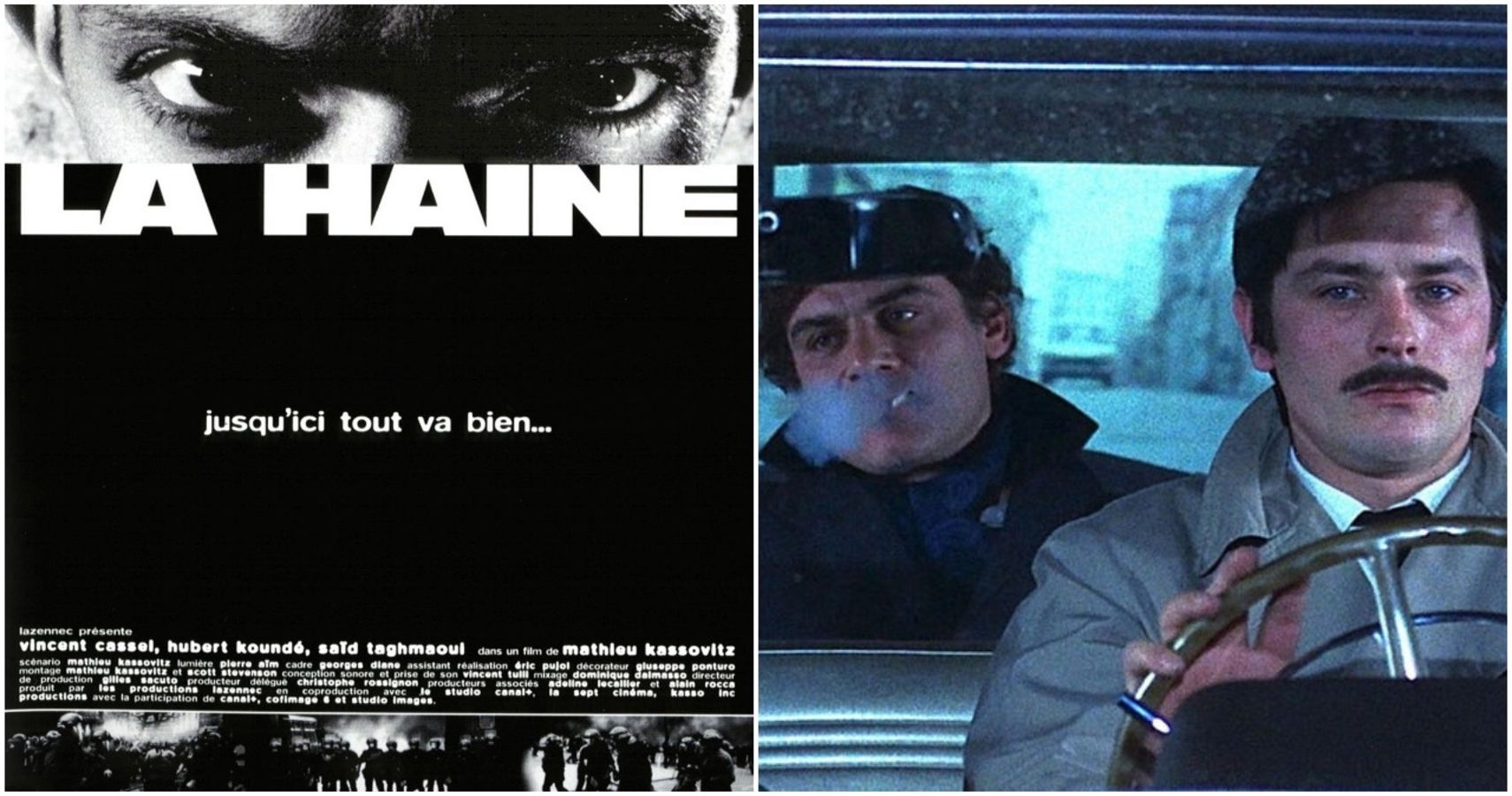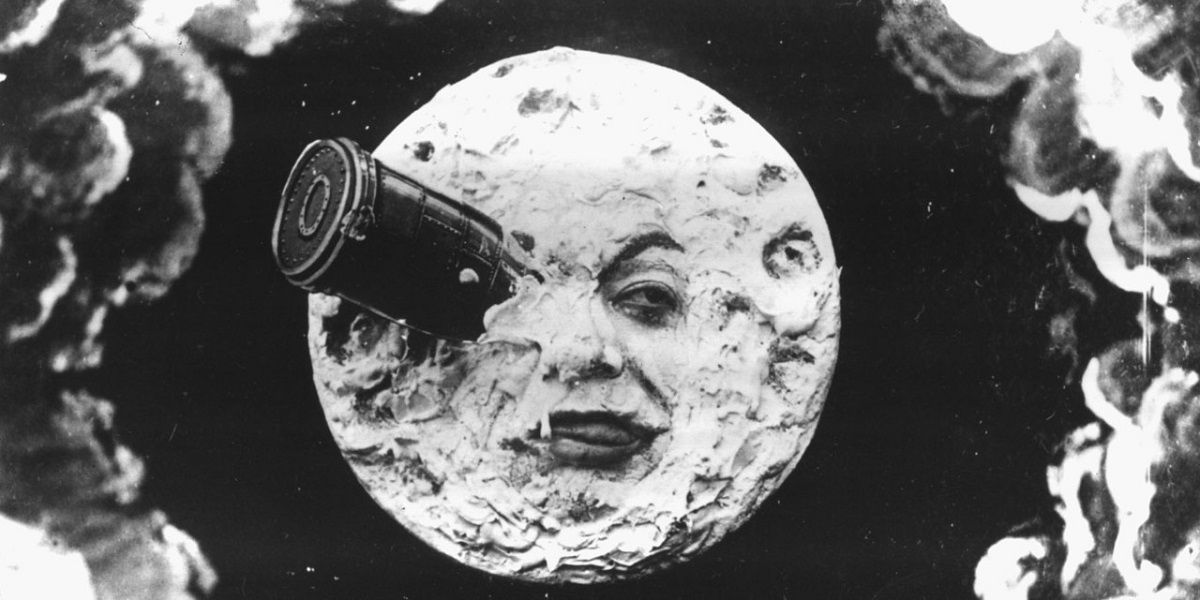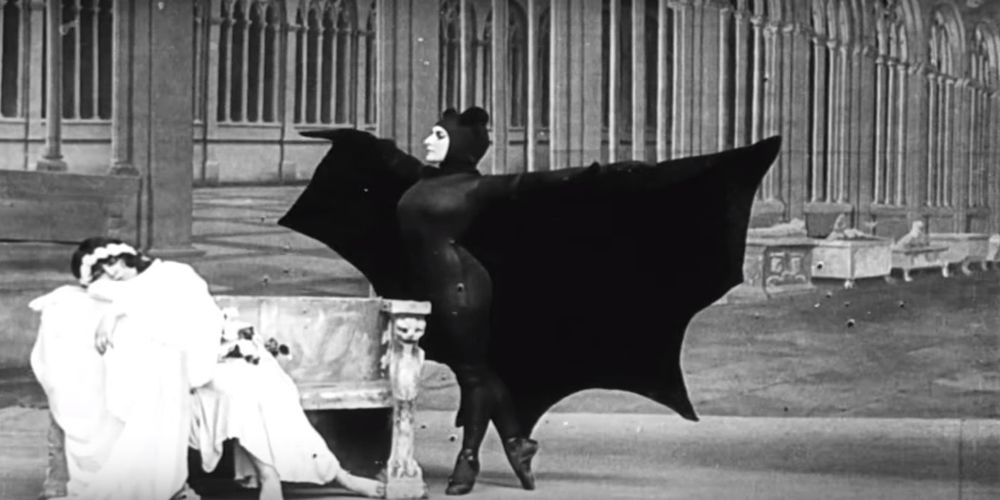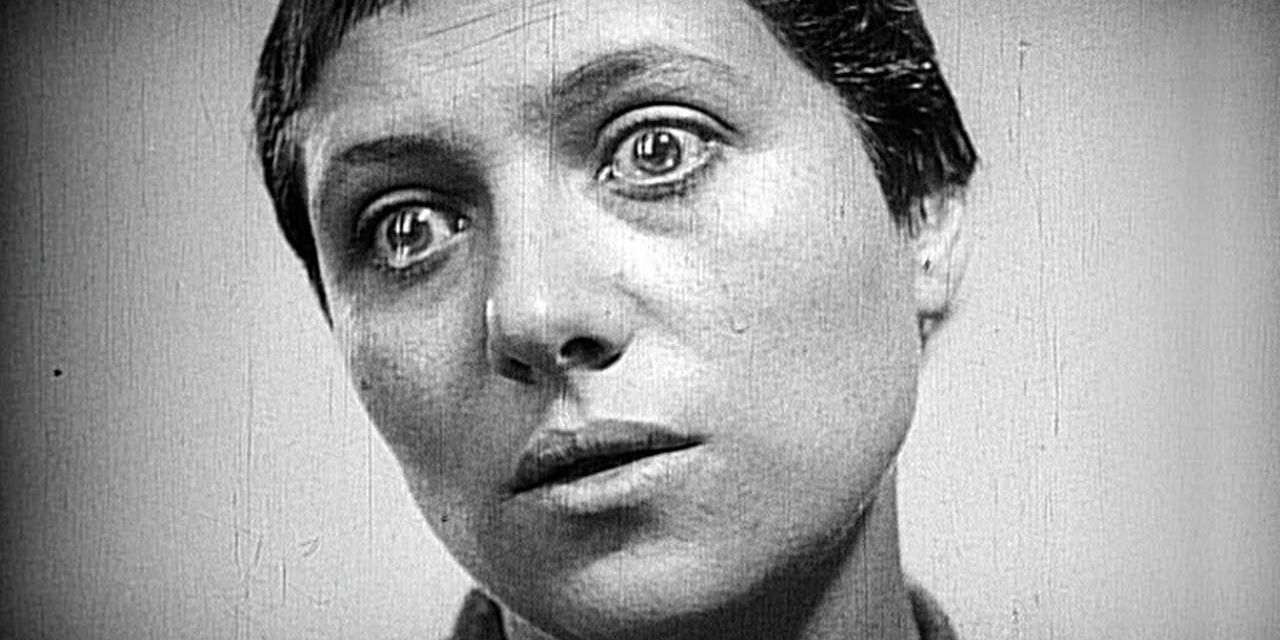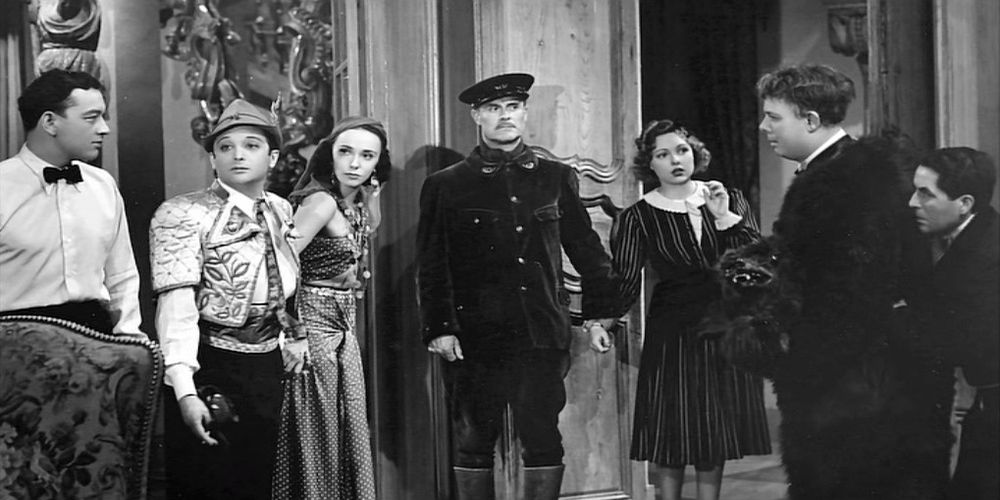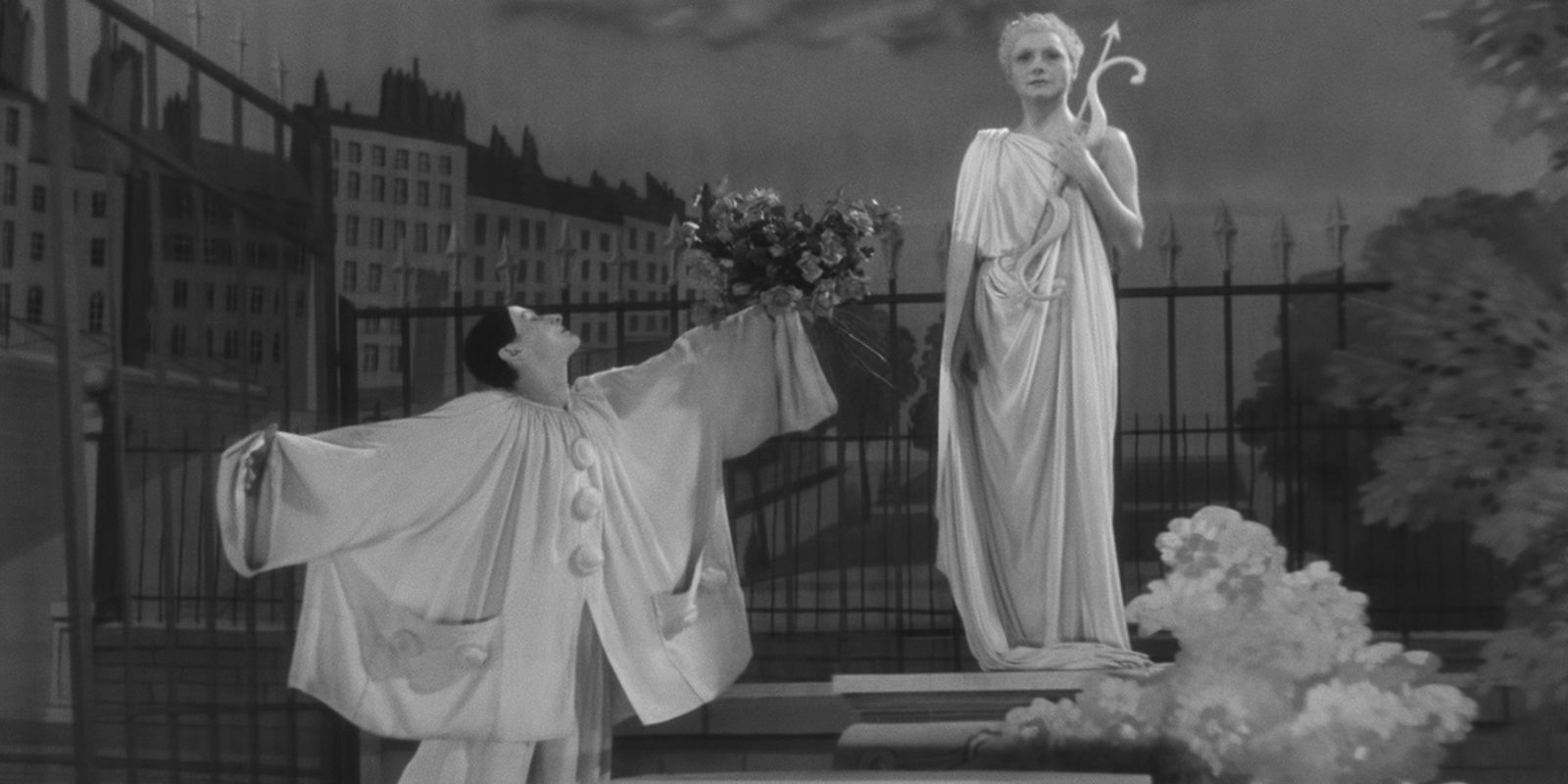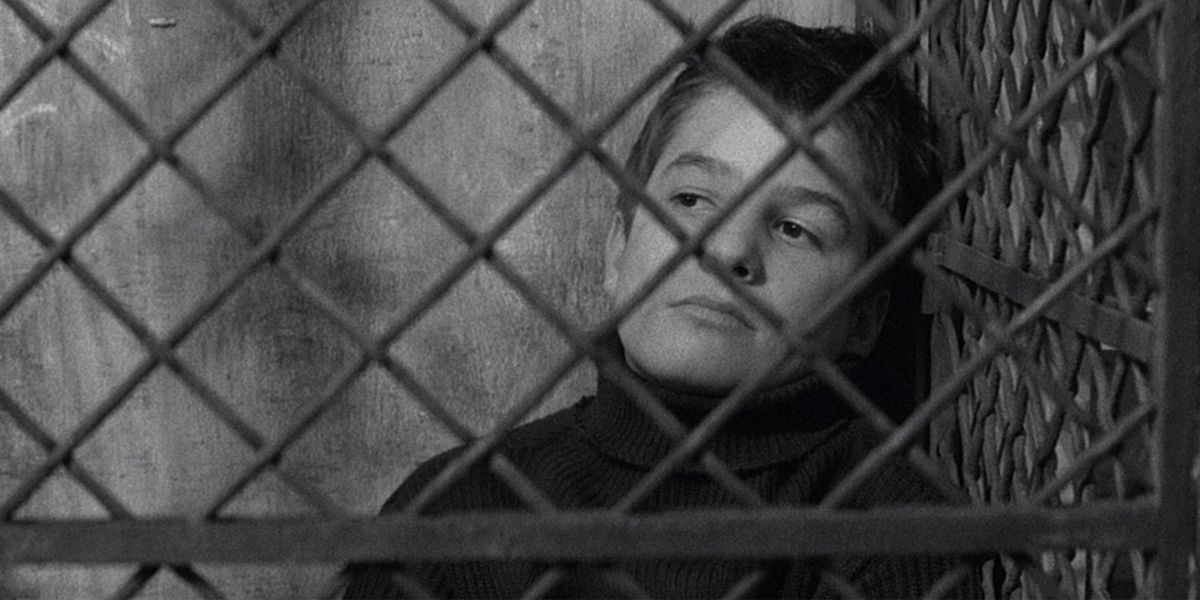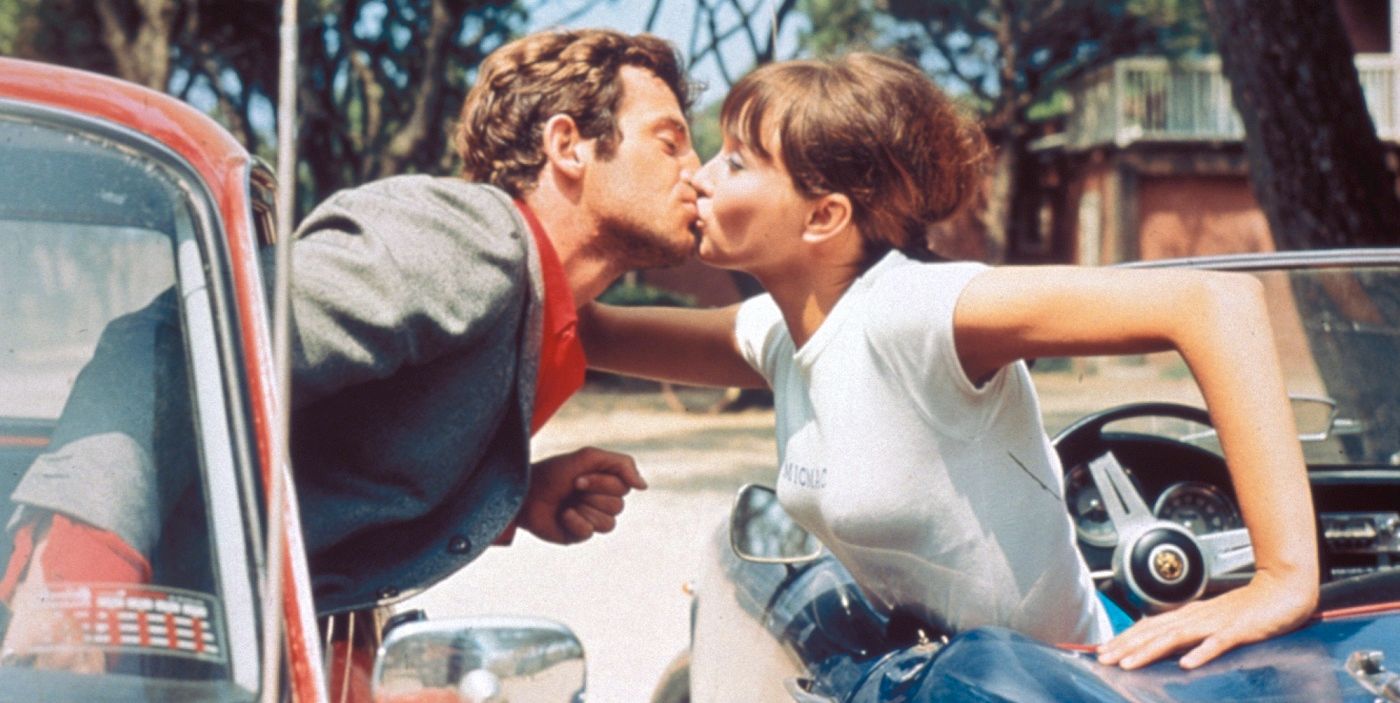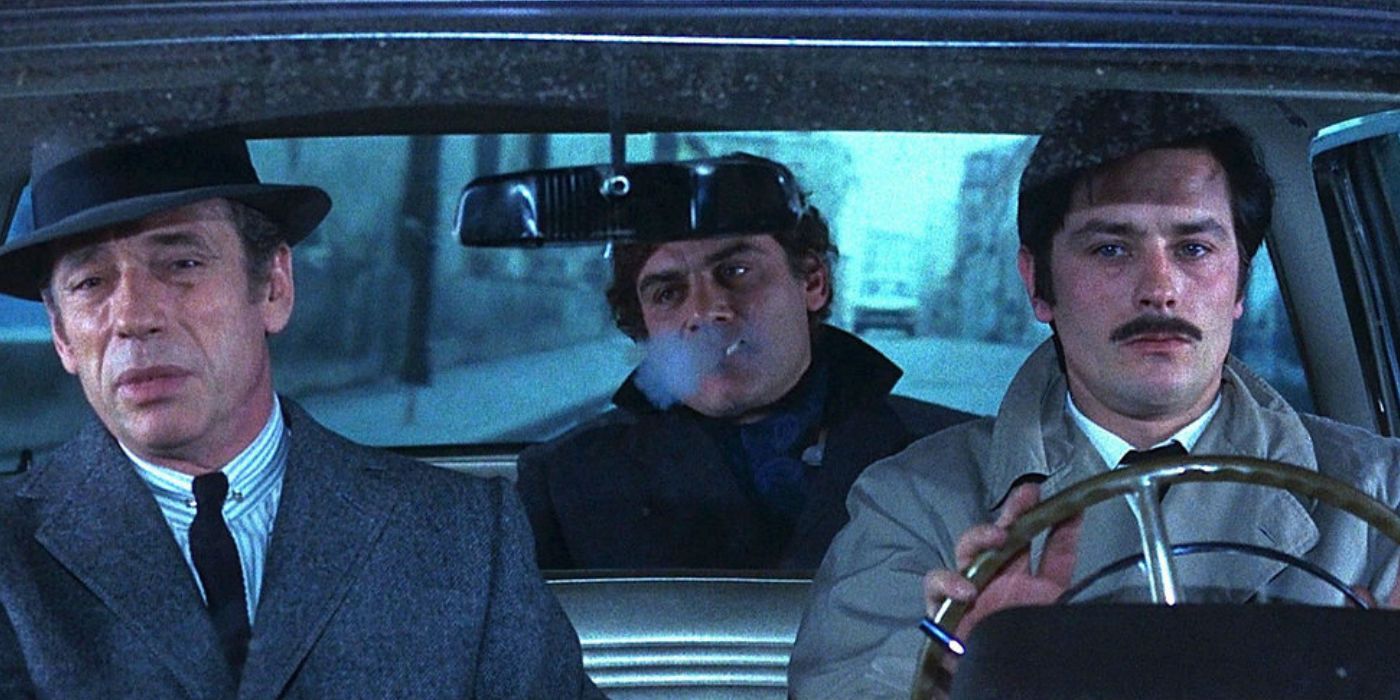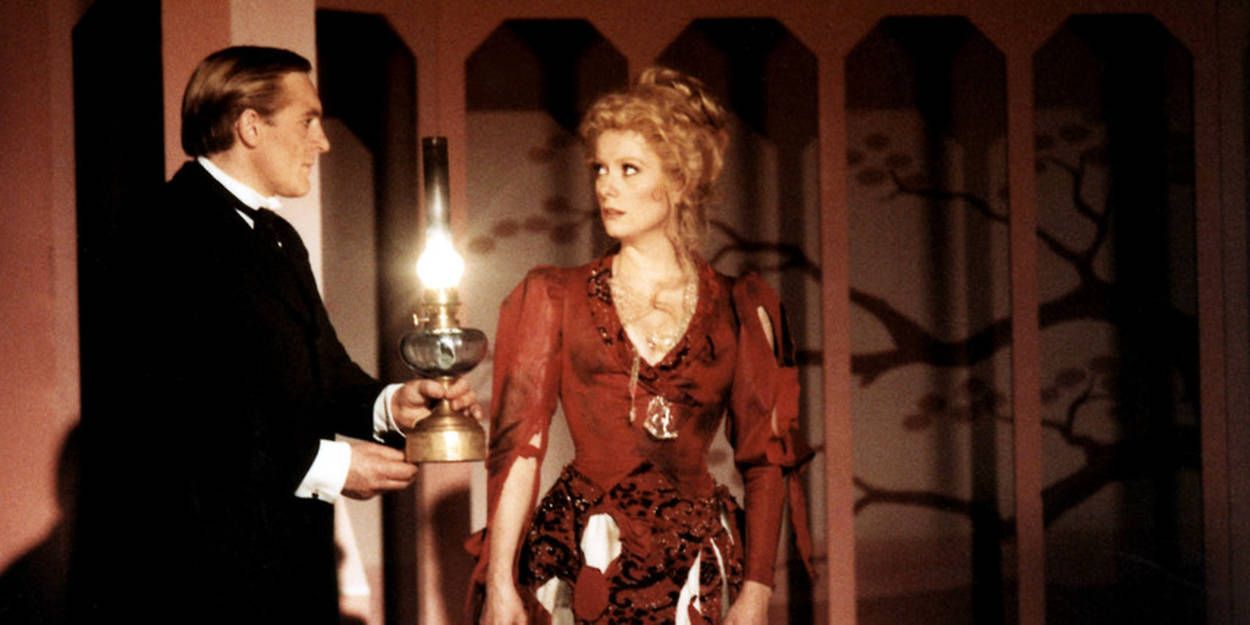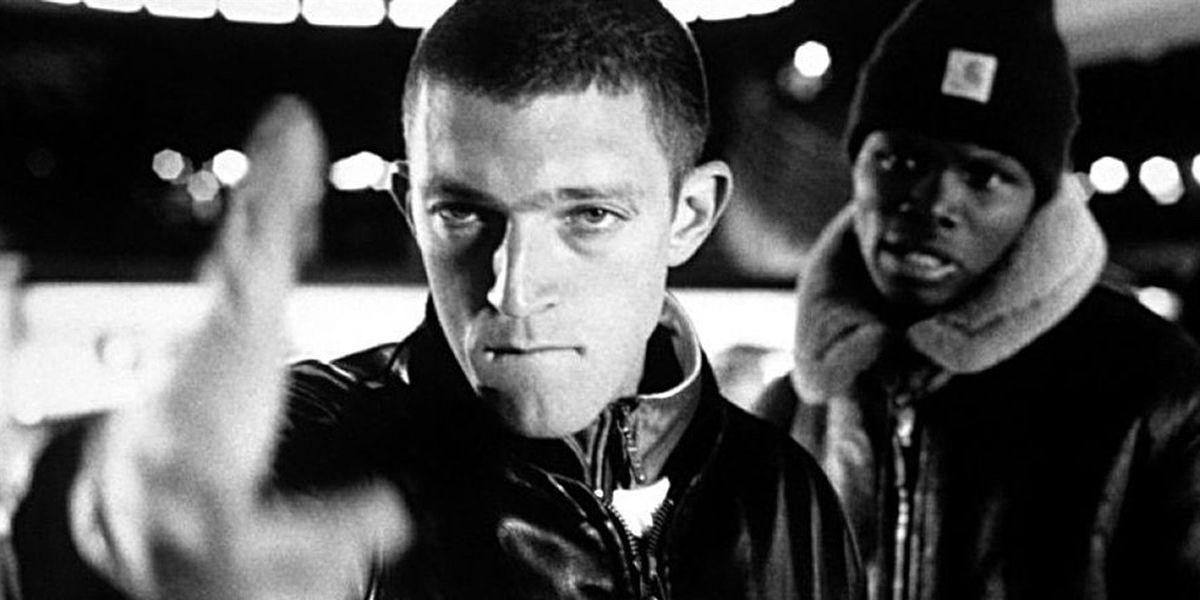When it comes to culture and the arts, France has -and always had- a lot to offer. From renowned international actors like Gérard Depardieu and Jean Reno, to famous and influential directors-auteurs, like François Truffaut and Jean-Luc Godard, France has been a beacon of cinematic excellence.
Film waves like the French New Wave and New French Extremity have influenced the cinema of Europe and the world to an extent greater than we can imagine. From very early on, the French proved they would be crucial players in this game. Let us see what each decade of the 20th century had to offer when it comes to the best of French movies.
1900s – A Trip To The Moon/Le Voyage Dans La Lune (1902)
This short, black and white, and silent film by Georges Méliès might be his most famous film, the most well-known short film in existence, and is considered by many to be the first sci-fi film ever. It has greatly influenced cinematic history with its innovative techniques and for its time, it was considered an impressive spectacle. Professor Barbenfouillis and the Institute of Incoherent Astronomy decide it’s high time they planned an investigative voyage to the Moon. Soon, the courageous innovators will land their rocket on the apparently uninhabited lunar plains, observing personally the miracles of space, but oblivious to the Moon Emperor's frightful hordes of Selenites, who are prepared to ward off the intruders.
1910s – Les Vampires (1915)
This silent crime serial film was directed and written by Louis Feuillade. Unfolding in Paris, it follows a reporter and his best friend who become entangled in their efforts to expose and stop an unusual covert Les Apaches gang, called The Vampires (who are not actual vampires). The serial film is comprised of ten episodes, which differ significantly in length. Being approximately seven hours long, it is deemed one of the longest movies of all time. Owing to its technical and artistic similarities with Feuillade's other films, Fantômas and Judex, the three are frequently thought of as a trilogy.
1920s – The Passion Of Joan Of Arc/La Passion De Jeanne D'Arc (1928)
Divine bliss and institutional duplicity come to blunt, bright life in one of the definitive and unequaled chefs-d'oeuvre of the silent period. Recounting the judgment of Joan of Arc in the hours heading to her execution, Danish auteur Carl Theodor Dreyer portrays her martyrdom with astonishing imminence, using a range of practices (expressionistic lighting, interrelated settings, agonizingly personal closeups) to submerge audiences in her unique POV and personal experience.
Paired with Dreyer’s brave experimentation in form is a brilliant performance by Renée Falconetti, whose ghostly face conveys “the agony and the ecstasy” of persecution.
1930s – The Rules Of The Game/La Règle Du Jeu (1939)
Often hailed as one of the best films of all time, The Rules of the Game, by Jean Renoir, is a contemptuous critique of crooked French high society disguised as a comedy of manners during which a short trip at a marquis’ provincial château uncovers a few unpleasant truths about an assembly of conceited bourgeois friends. The picture has had a turbulent past: it was subjected to heavy censorship and had scenes cut after the vicious reaction of the début’s spectators in 1939, and the first negative was ruined during World War II. The film wasn’t restored till the 1950s.
1940s – Children Of Paradise/Les Enfants Du Paradis (1945)
Lyrical realism touched exalted pinnacles with Children of Paradise, commonly thought of as one of the supreme French films. This agile representation of 19th century Paris’s dramaturgical demi-monde, shot in the midst of World War II, observes an enigmatic woman (Arletty) fancied by four unlike men (all grounded on real individuals): a thespian, a felon, a nobleman, and -most movingly- a mime (Jean-Louis Barrault, in a yearning-immersed act to be remembered). With compassion and theatrical vivacity, director Marcel Carné and scriptwriter Jacques Prévert revive a world swarming with peddlers and nobles, bandits and concubines, pimps and fortune-tellers.
1950s – The 400 Blows/Les Quatre Cents Coups (1959)
François Truffaut’s original feature is also deeply personal and is considered autobiographical. Narrated from the point of view of Truffaut’s filmic foil, Antoine Doinel (Jean-Pierre Léaud), Les Quatre Cents Coups perceptively redevises the trials and tribulations of Truffaut’s particular childhood, phlegmatically and soberly depicting standoffish parents, tyrannical teachers, and petty offenses, but also a yearning for freedom and self-definition.
The movie denoted Truffaut’s transition from top critic to the rising star auteur of the French New Wave. The film received the 40th spot in the list of Critics’ Top 250 Films in the 2012 Sight & Sound critics’ poll.
1960s – Pierrot Le Fou [Lit. Pierrot The Madman] (1965)
Discontented with marital life and life at large, Ferdinand (Jean-Paul Belmondo) goes on the road with the sitter, his former lover Marianne (Anna Karina), and abandons the middle-class world. However, this is no ordinary road-trip: the 10th feature film by virtuoso auteur Jean-Luc Godard is a sophisticated mix of anti-consumerist wit, contemporary politics, and comic-book visuals, as well as a fierce, criss-cross story of, as Godard termed them, “the last romantic couple.” With idyllic color images by the director of photography Raoul Coutard, and Belmondo and Karina delivering brilliant performances, Pierrot Le Fou is a beacon of the French New Wave.
1970s – The Red Circle/Le Cercle Rouge (1970)
Le Cercle Rouge quotes a pseudo-Buddhist aphorism essentially asserting that people who are destined to meet will do it “in the red circle,” notwithstanding what zigzag paths they may follow towards it. Alain Delon portrays an ace thief, recently released, who happens upon an infamous fugitive (Gian Maria Volonté) and an alcoholic former officer (Yves Montand). This dubious trinity plans a heist facing terrible odds, till an unyielding inspector and their personal demons and histories seal their destinies. Jean-Pierre Melville's movie mingles admirable antiheroes, stylishly atmospheric photography, and spectacular set-pieces to fashion a masterwork of noir crime cinema.
1980s – The Last Metro/Le Dernier Métro (1980)
Gérard Depardieu and Catherine Deneuve head the cast as associates of a French theatrical company going through and performing under the German regime during World War II in another feature by François Truffaut: an enthralling, humanistic character study.
Against all odds, the ensemble is certain that the show must go on; those odds include their Jewish theatrical manager who’s gone into hiding, a protagonist who’s a member of the Resistance, and the more and more restraining Nazi supervision. A romantic film, historical drama, and maybe at times comedy in equal parts, The Last Metro is Truffaut’s definitive homage to art conquering hardship.
1990s – Hate/La Haine (1995)
Mathieu Kassovitz impressed the cinematic world with La Haine, a graphic, disturbing, and visually fiery take on the racial and cultural instability in contemporary France, particularly the low-income projects on Paris’s outskirts. Purposelessly wasting their days in the concrete neighborhoods of their dead-end environs, Vinz, a Jewish youth (Vincent Cassel), Hubert, an African (Hubert Koundé), and Saïd, an Arab (Saïd Taghmaoui), provide human faces to France’s immigrant residents, their rising bitterness towards their marginalization gradually bubbling until it gets to scorching heights that may burn their lives. A showcase of rough exquisiteness, La Haine is a milestone of modern French cinema and an enthralling image of its nation’s enduring identity issues.

